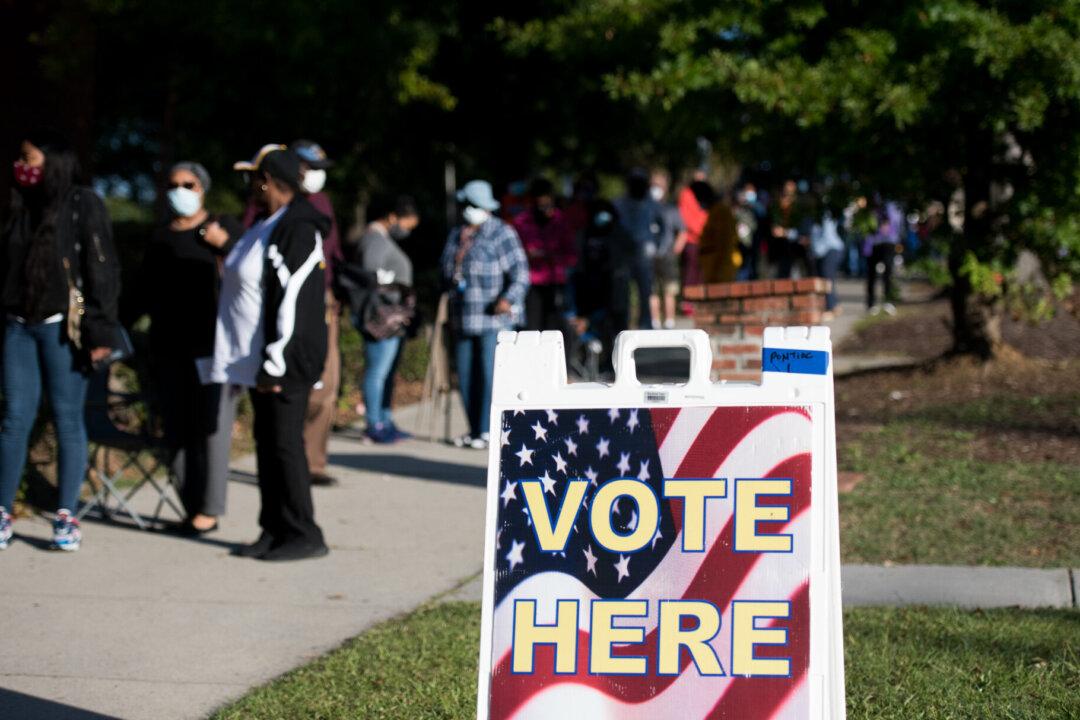Federal officials said that hackers, who are possibly actors for foreign adversaries, have penetrated into U.S. government networks and accessed election systems.
In a joint alert, the FBI and Cybersecurity and Infrastructure Security Agency (CISA) said there was unauthorized access to election support systems—just weeks to go before the Nov. 3 election. CISA is part of the Department of Homeland Security.





